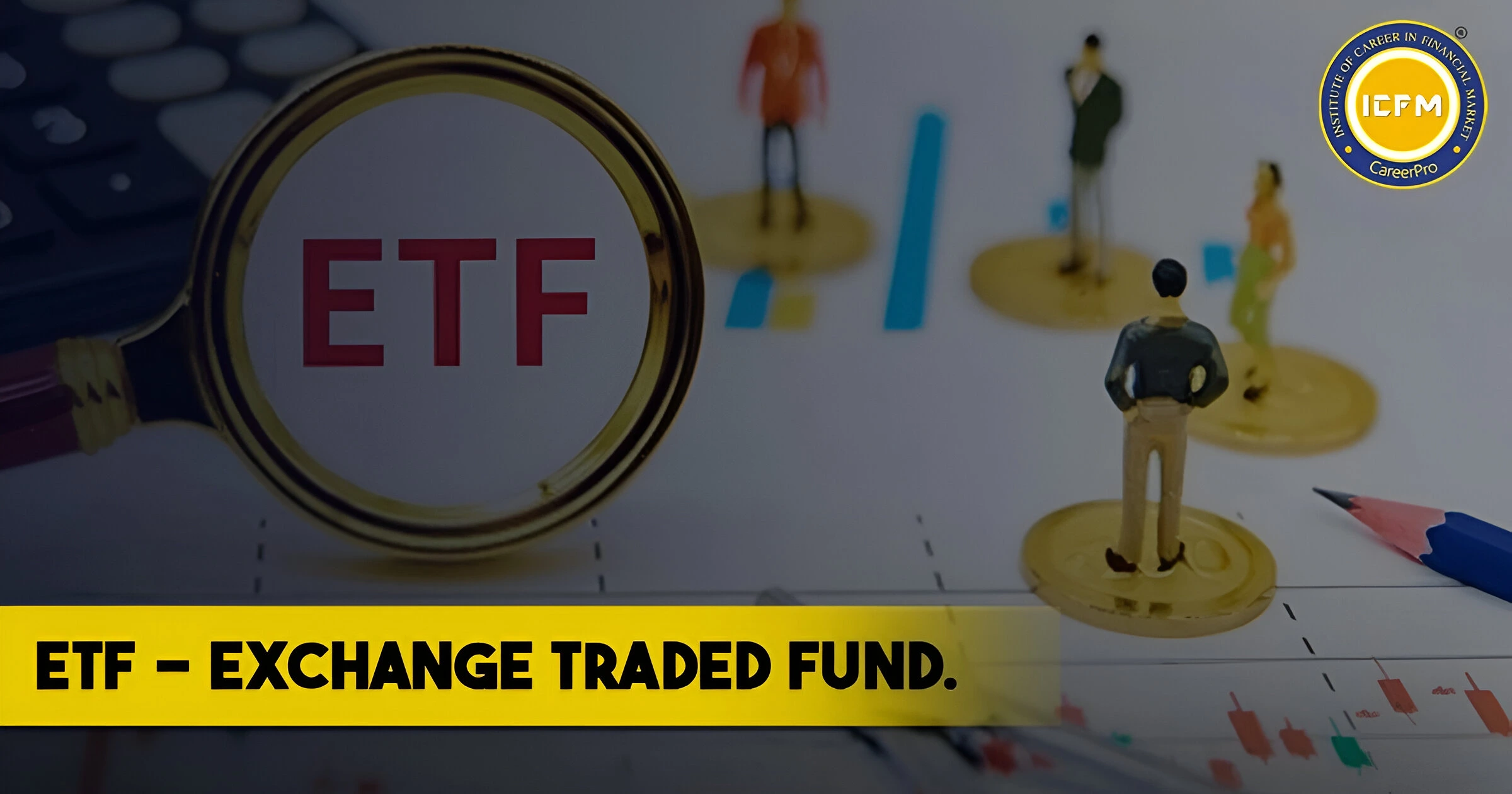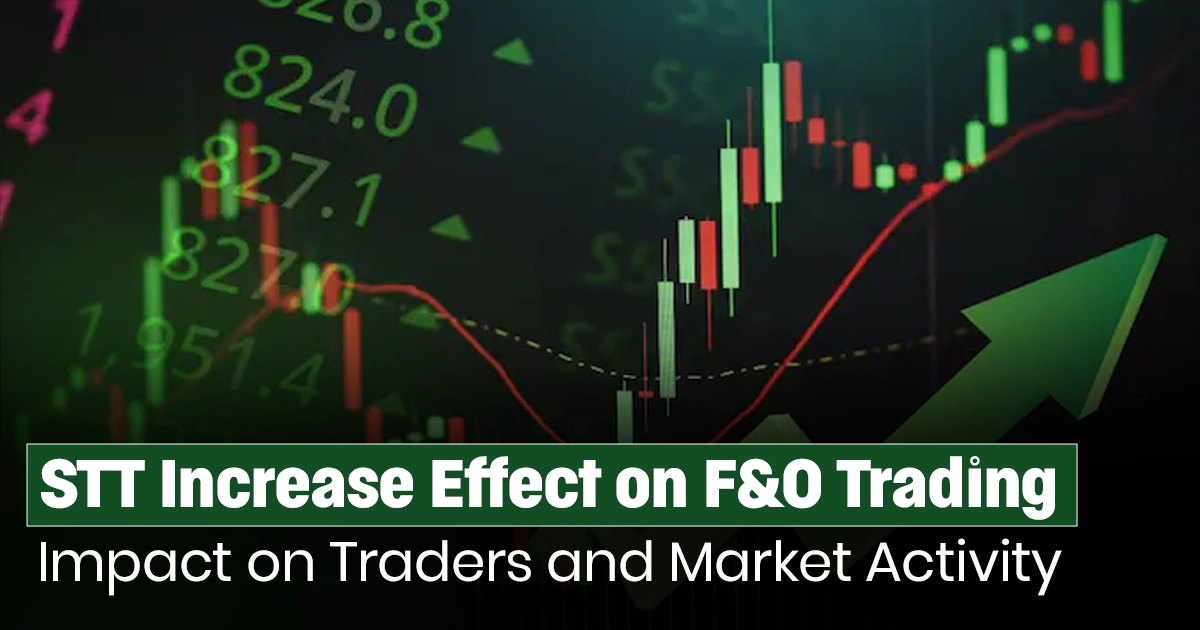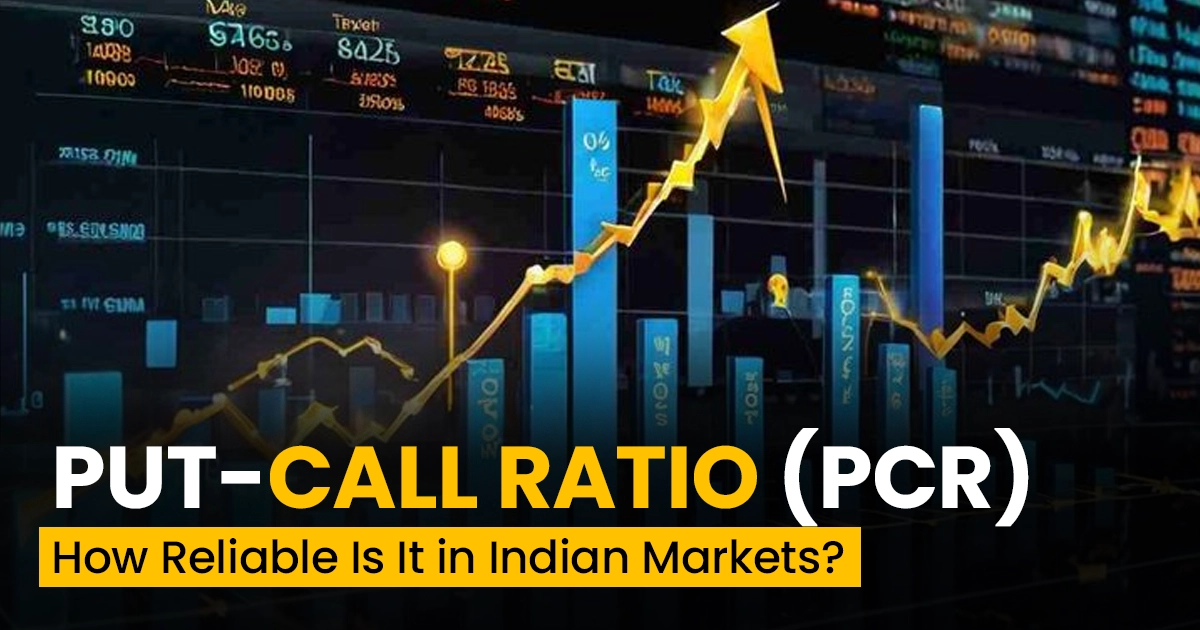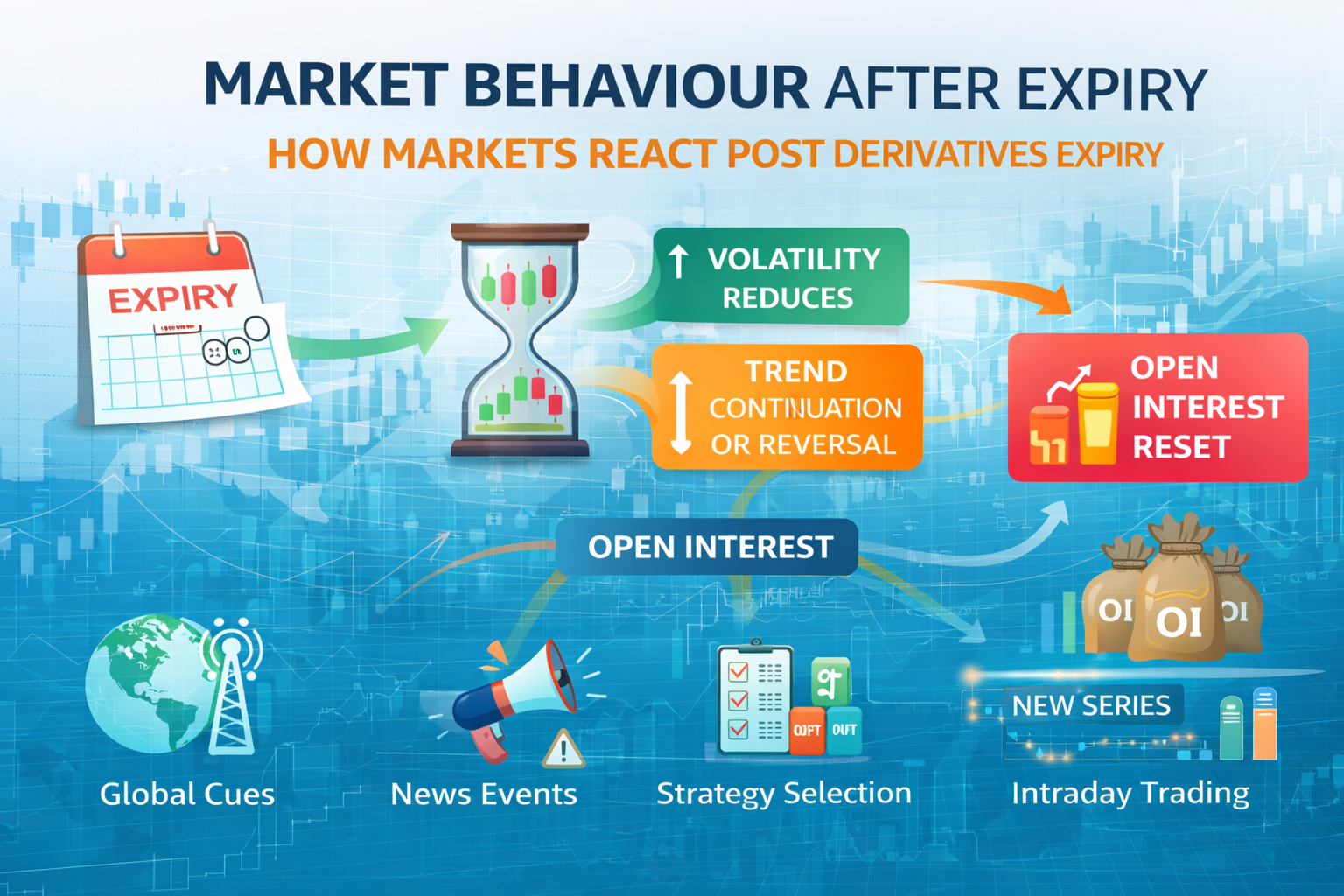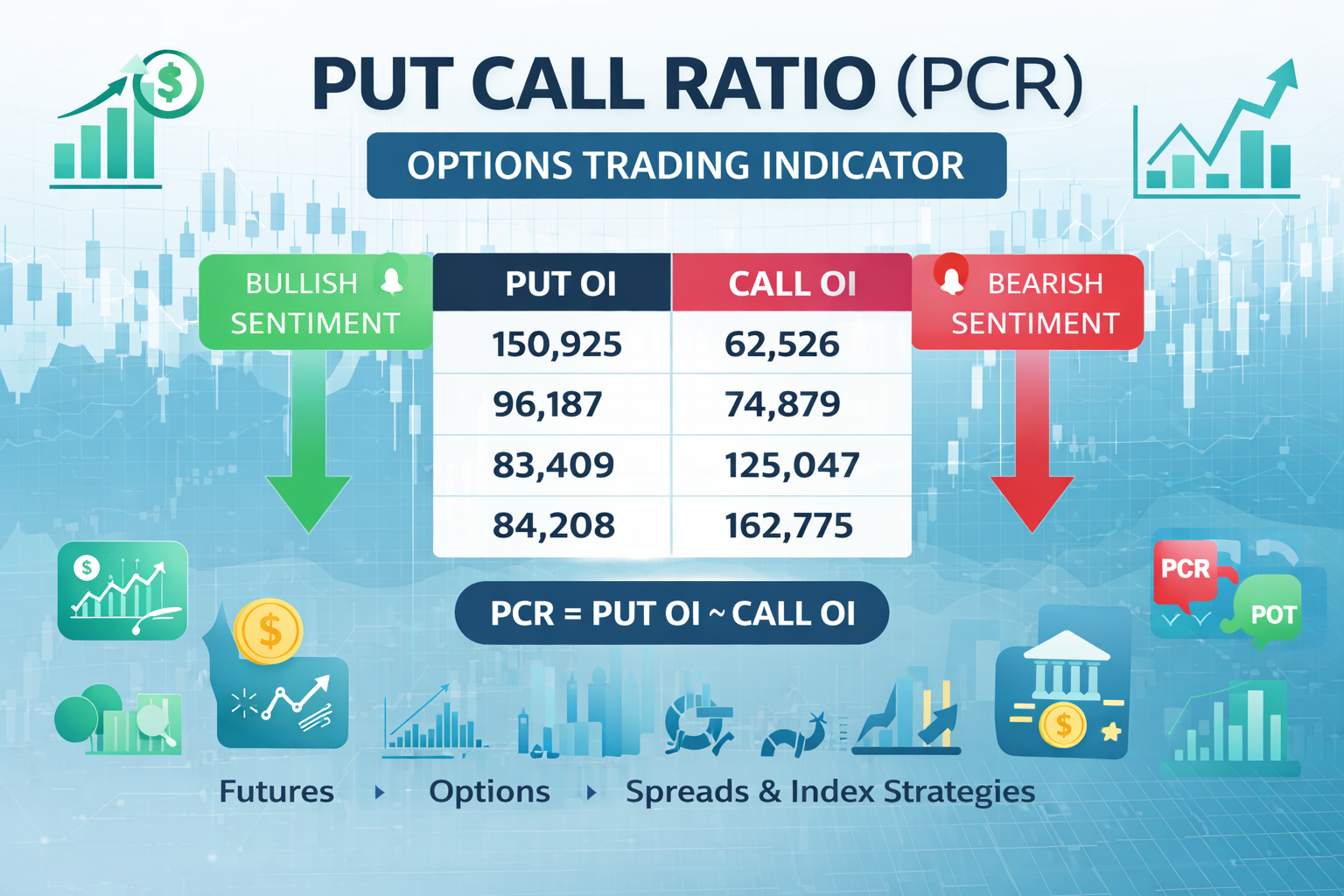ETF
Let's dive deeper into what an ETF (Exchange-Traded Fund) is, how it works, and how it compares to index funds in greater detail.
What is an ETF?
An Exchange-Traded Fund (ETF) is an investment fund which owns either physical underlying assets or some form of contractual right to those assets. The most common kind of ETF holds some assets in physical form and replicates the index through a representative sampling of these physical assets. The defining characteristics of ETFs include.
1. Diversification: When you buy an ETF share, you're buying so many different assets all at once. This helps minimize the risk because the investment is not relying on the performance of a single company.
2. Trading: You can trade the ETFs on the New York Stock Exchange (NYSE) or NASDAQ. It is traded much the same as an individual stock, where one may buy and sell shares in an ETF throughout the trading day at fluctuating prices.
3. Price transparency: The price of an ETF share varies over the course of the day depending upon supply and demand. In real time it is easy to understand what one buys or sells.
4. Diversity: There are thousands of different ETFs from which to choose, all tracking different types of sectors and industries, geographic regions, and investment strategies. Some track a specific index, the S&P 500 being a common one. Others will zero in on technology companies, renewable energy, or international markets.
What is an Index Fund?
An index fund is a kind of mutual fund whose objective is to replicate the performance of some specific market index, like S&P 500. Here are some key characteristics:
1.Passive Management:
Index funds aim to match the performance of an index rather than trying to outperform it. This is done by investing in the same stocks that are included in the index in the same proportions.
2. End-of-Day Trading:
Unlike ETFs, an index fund can only be traded on an exchange. It must be purchased or sold at the end of the trading day at a single price-a computation of the NAV of the fund at that time.
3. Low Expenses:
Because index funds are passively managed, management fees generally tend to be lower compared to actively managed funds, even though their costs are often higher than the majority of ETFs.
ETFs vs. Index Funds:
1. Trading Flexibility:
- ETFs: They can be bought and sold on any business day during market hours at the prevailing market price. Such flexibility means intraday trading, among other strategies is possible.
- Index Funds: May be bought or sold only at the end of the trading day at a single price, which may not allow for all of the trading strategies you want.
2. Costs:
- ETFs: Typically provide lower expense ratios because they're passively managed and trade commission-free at many brokerage firms.
- Index Funds: Though they still come with much lower fees than actively managed funds, their fees might still be a bit higher compared to ETFs.
3. Tax Efficiency:
- ETFs: Tax efficient by nature. The sale of the shares of an ETF is unlikely to trigger capital gains taxes for all its shareholders.
- Index Funds: In case of redemption by shareholders, it may sell some of its holding through a fund, which may be creating capital gains that are then passed on to all shareholders .
4. Minimum Investment:
- ETFs: They can begin with as little as one share. Thus, it's relatively easy to have access to these investments with minimal money.
- Index Funds: Typically have minimum investment requirements that could be hundreds of thousands to thousands of dollars or more.
5. Investment Options:
- ETFs: Provide a wider range of diversification choices in sector-specific funds, international markets, and thematic investments.
- Index Funds: Primarily use broad market indexes most often.
In short, both ETFs and index funds are magnificent methods of investing in a diversified portfolio at relatively low expense. However, ETFs offer greater trading flexibility, arguably lower costs, and tax advantages, making them attractive for many investors. Now that you know what these distinctions are, you can make the right decision regarding investment vehicle choosing, based on your goals and preferences.


